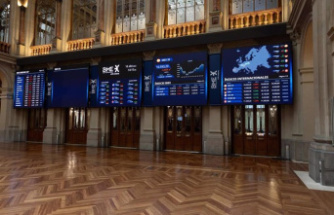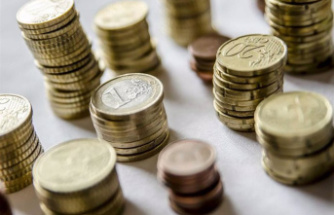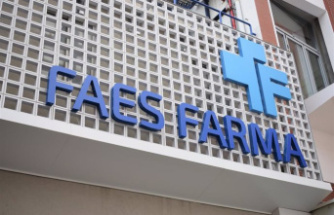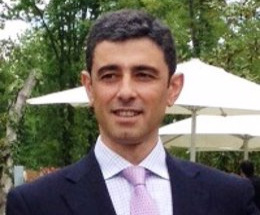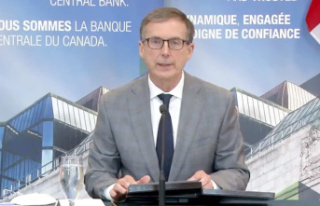US Treasury Secretary Janet Yellen said on Thursday that "the biggest challenge" for the global economy came from the war in Ukraine, ahead of a G20 ministerial meeting in Indonesia.
• Read also: At least 12 dead in Russian strikes on a city in central Ukraine
• Read also: Putin signs a law punishing calls for action against Russia's security by prison
“Our biggest challenge comes from the war started by Russia” in Ukraine, she declared during a press conference on the Indonesian island of Bali.
"We are seeing fallout from this war in all corners of the world, especially in energy prices, and rising food insecurity."
“The international community must have a clear vision of how to hold Putin to account for the global economic and humanitarian consequences of this war,” she stressed.
The war started since February 24 in Ukraine has shaken world markets, accentuated inflation, and aggravated a food and energy crisis that threatens to destabilize the most vulnerable countries.
Joe Biden's minister is in Bali, Indonesia, to participate in the meeting of finance ministers and central bank governors on July 15-16.
She said she wanted to continue to lobby her G20 counterparts for a cap on Russian oil prices, in order to deprive Moscow of the funding needed to continue the war and at the same time limit inflation.
"A price cap is one of our most powerful instruments," she said, because it would "deprive Putin of the revenue his war machine needs."
The official said she hopes India and China will join the initiative as it will “serve their own interests” by minimizing hydrocarbon prices for consumers around the world.
“No place” for the Russians
Another goal of the G20 meeting will be to encourage major creditor countries, including China, to finalize an agreement to reduce the debt of poor countries, noted Janet Yellen, citing the example of the bankrupt economy. from Sri Lanka.
“Clearly, Sri Lanka is not able to repay its debt and I hope China will be willing to help work with Sri Lanka to restructure its debt.”
On the form, the official stressed that "the representatives of the Putin regime should have no place in this forum".
But she declined to comment on whether Western countries might boycott Russian officials and walk out of the meeting, as they had done at a previous G20 finance leaders meeting in April.
"It can't be business as usual," she explained, "but I can tell you that I'm going to voice my opinion on the Russian invasion in the strongest possible way, (...) talk about its impact on Ukraine and condemn it".
And “I expect many colleagues to do the same”.
Cloudy global outlook
Russian Finance Minister Anton Silouanov should attend the meeting virtually this time, and have a deputy on site, according to Indonesian organizers.
Last week the head of Russian diplomacy Sergey Lavrov came in person to a meeting of his G20 counterparts but had to face a round of accusations about the war and left the meeting in the middle of the day.
Janet Yellen's remarks come a day after the International Monetary Fund warned of a "darkening" global economic outlook.
The financial institution should this month again lower its growth forecasts “for 2022 and 2023”, after having lowered them in April, said the managing director of the IMF Kristalina Georgieva.
In a note, the IMF warns that the higher than expected rise in inflation could “ignite social tensions”.
Russia and Ukraine nonetheless made progress on Wednesday on the issue of blocking grain exports from Ukrainian ports, with Turkey announcing further talks on the matter next week.
UN Secretary General Antonio Guterres, who said he hoped a "formal agreement" could be reached soon, spoke of "a glimmer of hope" for those suffering from hunger.
On the sidelines of the meeting, 11 Asian countries, including Indonesia, India, Hong Kong and Singapore, signed a "Bali Declaration", under the aegis of the OECD, to commit to strengthening tax transparency. between their savings.
OECD Secretary-General Mathias Cormann hailed the “clear political commitment” of signatories, estimating that states in the region were currently losing some $25 billion in tax revenue a year from offshore assets.


